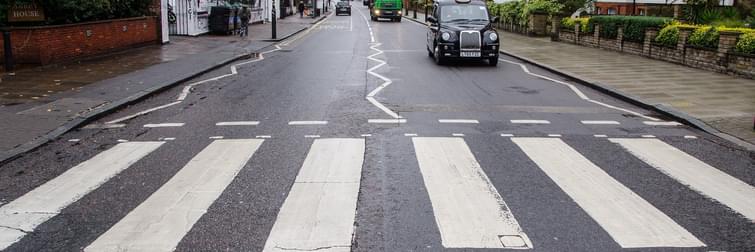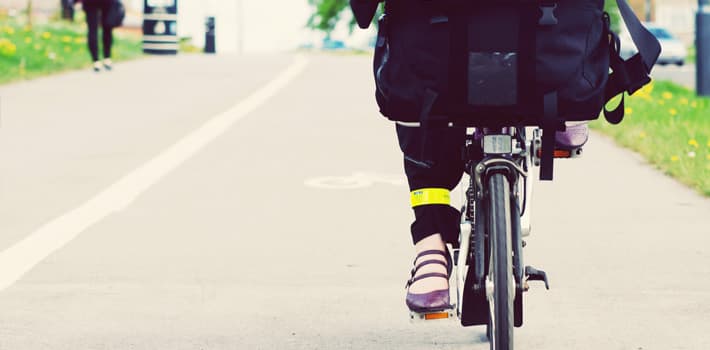
blog: How can we ensure higher uptake of active travel?
Tuesday 23rd July 2019
Today saw the publication of 'Active travel: increasing levels of walking and cycling in England', a report outlining the findings from the House of Commons’ Transport Committee’s 'Inquiry on Active Travel' which was seeking evidence on why the uptake of active travel in England is so low and compares unfavourably with many European countries.
Given the role that increasing levels of walking and cycling can have on tackling congestion, improving public health, and reducing damage to the environment, it is important to better understand why uptake of active travel has been the exception rather than the rule.
We submitted our response to the Transport Committee’s inquiry last autumn, which you can download via our website here.

The key recommendations in the report are:
- Cycling and Walking Investment Strategy - the current targets in the Government’s Cycling and Walking Investment Strategy are not ambitious enough, particularly for walking, and the strategy should be revised with more ambitious targets for increasing levels of active travel.
- Local Cycling and Walking Infrastructure Plans – we need a clear plan from Government to encourage local authorities to develop and implement LCWIPs and for monitoring their contribution to the delivery of the CWIS. The Government should set out monitoring and reporting plans for Local Authorities on the delivery of LCWIPs to fund and support these Plans, as well as to raise awareness and encourage behaviour change in order to realise the full benefits of capital investment.
- Funding - more funding for active travel is required to increase levels of walking and cycling. Long-term active travel funding is essential to encourage local authorities to make active travel a priority.
We welcome the Transport Committee’s report and their efforts to
encourage the Government to focus more on making places which encourage people
to make journeys on foot and by bike. Many in our industry, ourselves included, have remained tight-lipped on policy and funding decisions for active
travel, avoiding criticising the approaches of successive Governments.
It can feel disconcerting to be critical, no matter how well-intentioned or constructive that feedback may be, but avoiding the elephant in the room is far worse. Evidence-based decision making is critical to making appropriate political decisions and it is clear that encouraging an increased uptake in active travel through policy and funding is required to meet transport, health, and environmental objectives. It is also clear that transport professionals feel that the current approach needs to change with investment, moving away from focusing funding on road schemes and moving towards active and mass transport, as outlined last month by ITP’s Jon Parker in the blog 'What do transport planners really want?'
The UK still has a lot to learn from approaches adopted by other countries such as The Netherlands, Denmark and Germany, to increase active travel as a way of enhancing a sense of place. Things are slowly improving in some places in the UK, but these improvements need to occur throughout the country in order to result in a meaningful shift to active travel.

We now have to hope that the Secretary of State for Transport (whoever this may be in the coming days, weeks and months ahead), and their successors, are able to articulate the compelling case for investing in active travel to the Chancellor of the Exchequer and secure longer-term funding for active travel for communities across the UK, not just a select few. I hope that within my lifetime, the priorities for UK transport networks shift away from the private car towards active travel so that places that are difficult to make trips by foot or bike become the exception rather than the rule.
If you'd like to know more about our thoughts on increasing active travel, either through design or the introduction of encouraging measures, please get in touch.
